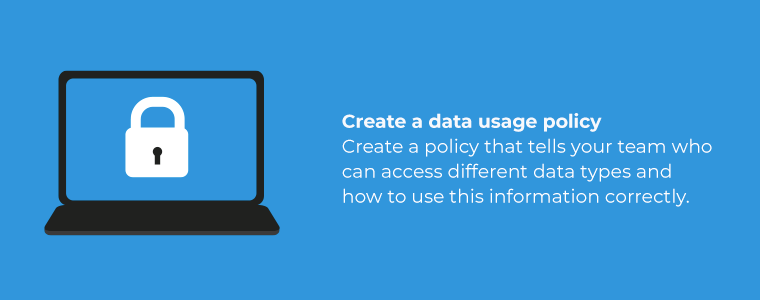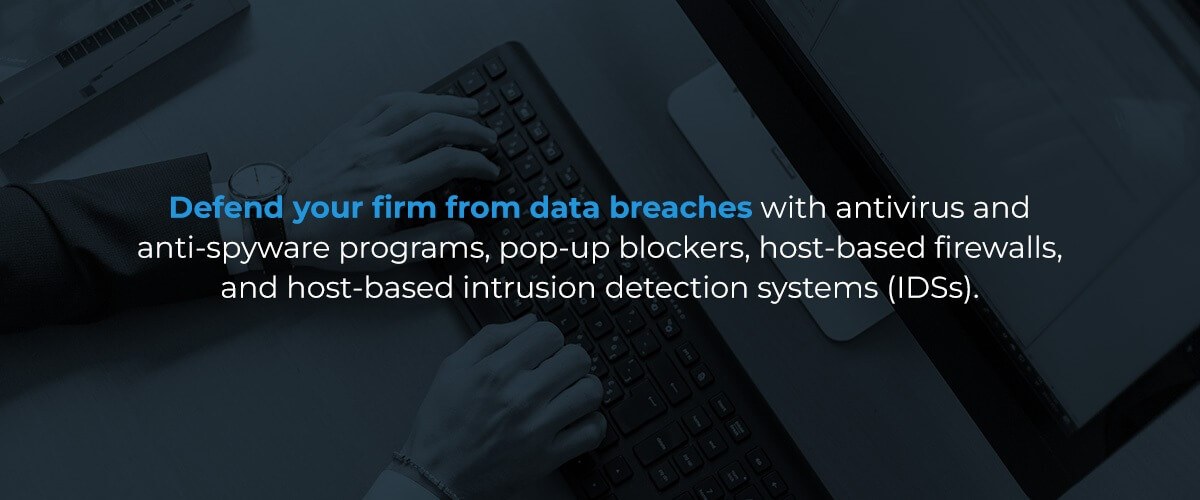Data Protection Best Practices
Guarding data in the 21st century is like protecting a stash of gold. Past data breaches at companies with billions of accounts like Yahoo and Facebook have shown us that customer information is incredibly valuable to cybercriminals.
Incidents like these are why protecting business data is a priority for firms, a responsibility to consumers, and a regulatory requirement. We’ve compiled a list of the best IT security practices to help your company stay locked tighter than a vault.
IT Security Best Practices Checklist
Every company needs best practice guidelines for data privacy. When every employee, from executives to new recruits, understands IT policies, they create the first and greatest line of defense against hackers.
Several of the most important data protection strategy tips are:
- Classify and secure sensitive data: Scan your data repositories with data discovery technology. Then, classify your data by category and secure it with a digital signature. Don’t store data on external devices like USBs since these are easy for thieves to steal or employees to lose.
- Create a data usage policy: Create a policy that tells your team who can access different data types and how to use this information correctly. For example, never allow employees to use company data on public Wi-Fi.

- Ensure compliance: Make sure all your data rules comply with government regulations and protect your customers’ privacy with fair policies.
- Set up multi-factor authentication: Multi-factor authentication makes username and password data breaches useless to cybercriminals. Without the user’s fingerprints or device, hackers can’t prove their identity to access the user’s account.
- Secure your endpoint security systems: The greatest attacks on cybersecurity often come from unauthorized programs and malware on endpoints. Defend your firm from data breaches with antivirus and anti-spyware programs, pop-up blockers, host-based firewalls, and host-based intrusion detection systems (IDSs).

- Train employees: Employees need thorough training on your data usage policy. It’s also important to train them on possible security vulnerabilities, like which websites to visit and when not to open an email attachment.
- Report spam: Every company should do their part in reporting spam emails to the United States Federal Trade Commission (FTC) so that this government agency can help limit spam.
Take a Stand Against Cybercrime at Your Organization
Establish security measures that build walls around your valuable data so cybercriminals can’t threaten your peace of mind. If you want expert help, contact us. We’re passionate about making the digital world a safer place and would love to help you implement database security best practices. Learn more about our database management services here.
Give us a ring at 877.780.2446, or send us a message through our online contact form to have your questions answered by a professional.
Share post
Featured Posts
Connect with us.
Need a solution? Want to partner with us? Please complete the fields below to connect with a member of our team.



